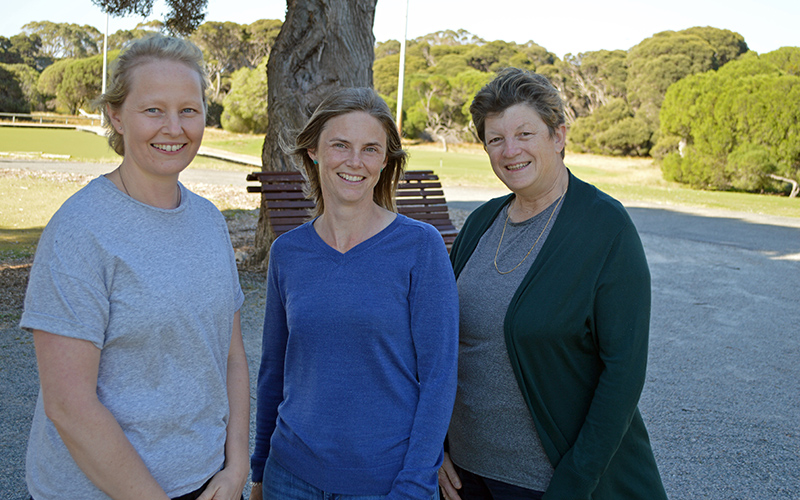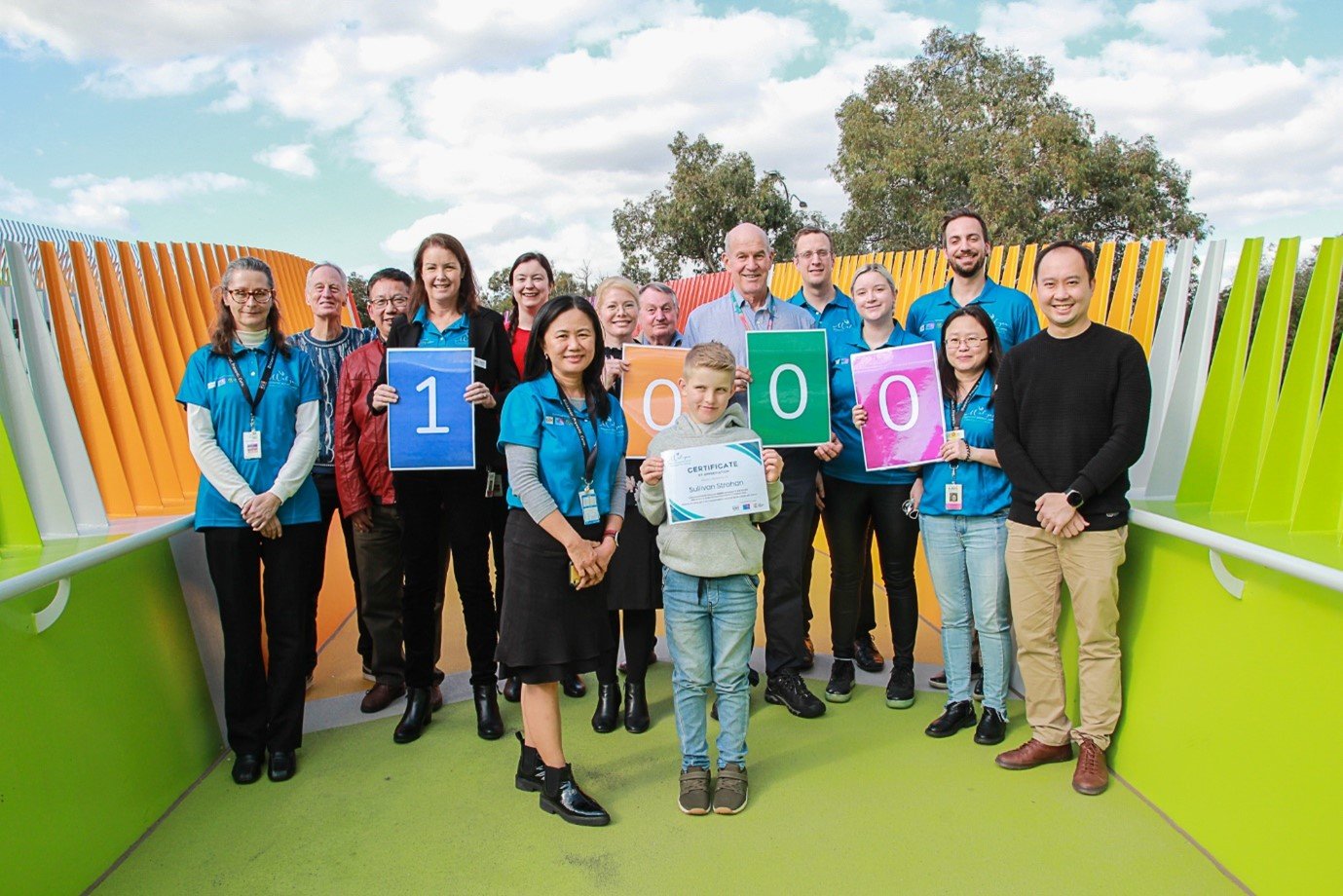Search


News & Events
Preterm respiratory researchers share what World Prematurity Day means to themPreterm researchers Dr Shannon Simpson (left) and Professor Jane Pillow (right) with Tony Sparks WA chairperson Amber Bates.

The Wal-yan Respiratory Research Centre conducts research into a wide range of childhood respiratory disease areas.

The Respiratory Physiology Platform at the Wal-yan Respiratory Research Centre offers access to specialist equipment housed within the outpatient research department at Perth Children’s Hospital, dedicated for research use.

Representing a 30-year interdisciplinary collaboration between The Kids, Perth Children’s Hospital, and WA Universities, the combined global impact of work from this Centre over the last 10 years has equalled some of the most influential paediatric centres around the world.

Our Children’s Respiratory Science team is currently seeking research buddies to provide a community perspective on research into childhood asthma attacks.

Community involvement plays an integral role in guiding our research - find out how.

START Phage WA was formed to pave the way towards treating AMR infections with phage therapy in Western Australia.

News & Events
Boosting mums’ immunity could save newborns from deadly respiratory virusesPerth respiratory researchers have discovered that giving an immune booster to mothers during pregnancy could increase their newborns’ resistance to severe and life-threatening respiratory viral infections.

News & Events
Seven innovative lung health research projects supported by Wal-yan Centre fundingSeven innovative lung health research projects have received funding support as the 2023 Wal-yan Respiratory Research Centre Strategic Inspiration Projects.
